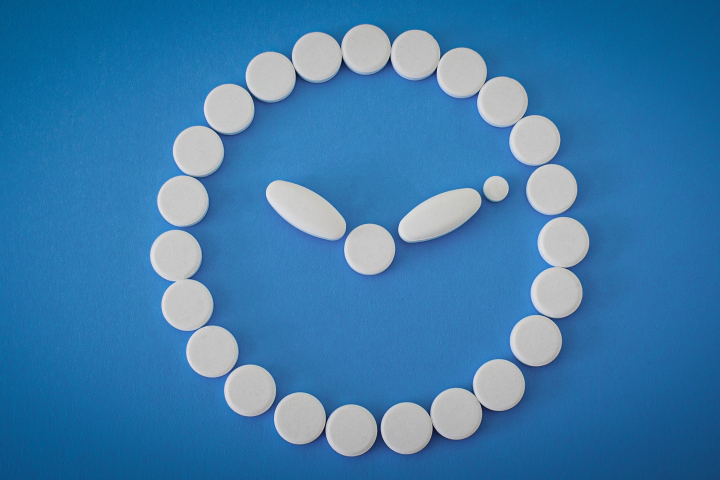February 27, 2006 On the basis that sleep is so important and so basic that it could make the difference between winning the gold or the silver at the Olympic Games, a unique partnership has evolved for the Olympic Winter Games now taking place in Torino. With a view to giving U.S. Olympians a competitive advantage, Hilton Hotels combined with Alertness Solutions to optimize their sleep environment by incorporating a number of critical elements including enhanced bed size and bedding, a usable work area and an effective wake-up mechanism. Working with Dr. Mark Rosekind, a former NASA scientist and president of Alertness Solutions, Hilton modified 160 resident athlete dorm rooms last October at the Colorado Springs U.S. Olympic Training Center to help increase the athletes' alertness and reaction time for peak performance.
"Sleep is so important and so basic that it could make the difference between winning the gold or the silver at the Olympic Games," said Dr. Rosekind, who was awarded the NASA Exceptional Service Medal for his work with pilots and astronauts on combating fatigue. "The proper amount of sleep can boost an athlete's performance as much as 30 percent."
Based on recommendations from Dr. Rosekind, the "Hilton Competitive Advantage Program" was designed to optimize the sleep environment for U.S. Olympic athletes by incorporating a number of critical elements including enhanced bed size and bedding, a usable work area and an effective wake-up mechanism.
For U.S. Olympic hopefuls, the benefit of the re-designed rooms is real. "It sounds simple, but getting the proper rest really does increase my confidence and abilities on and off the track," said Apolo Ohno, U.S. Olympic speedskater and Colorado Springs U.S. Olympic Training Center resident athlete. "Rest and relaxation is a critical component to competing at your best. With the improvements that are being made to our living space, I'm excited to come home to a place designed to help my performance."
Like all Hilton guest rooms, the newly designed dorm rooms offer a blend of technology with the latest in sleep research and the comforts of home. The most important ingredient of the remodel was the replacement of the facility's standard twin beds with a complete bedding system designed exclusively for Hilton, Doubletree, Embassy Suites Hotels, and Homewood Suites by Hilton, including a plush-top mattress to reduce tossing and turning and to improve circulation while sleeping.
To alleviate athletes' anxiety about waking up on time, Hilton also installed the "world's easiest to set" alarm clock in each room. This cube-shaped clock radio automatically adjusts for daylight savings time and includes a connector for MP3 and CD players.
"When competing at the Olympic level, even the smallest of details can directly impact an athlete's performance, and sleep is one of the most critical factors," said Steve Roush, chief of sport performance for the U.S. Olympic Committee. "Partnering with Hilton to create an enhanced sleep environment in the training facility dorms demonstrates our commitment to provide Team USA the top resources and support as they prepare to contend for gold."
Other room enhancements include sensory changes involving temperature, lighting and visual stimuli. However, at the request of the USOC's Sport Performance Team, the complete details are not being revealed to prevent competing countries from gaining the same competitive edge as the U.S. athletes.
"At all of our hotels, we have long understood the correlation between a modern, comfortable sleep environment and improved performance for the business and leisure traveler," said Jeffrey Diskin, senior vice president of Hilton Hotels Corporation. "We remain committed to creating an optimal sleep experience for our hotel guests and we are proud to extend our expertise to the U.S. Olympic Team."
Many of the new dorm elements have been replicated for the U.S. Olympic Team at the 2006 Olympic Winter Games in Italy to help keep the American athletes at their peak during the most critical time of competition -- the Torino Winter Games.
"Familiar surroundings during training and competition are essential," noted Dr. Rosekind. "For an athlete, two hours less sleep than needed is the same as having a blood alcohol level of .05 when it comes to the effect on performance."
The Competitive Advantage Program is just one way the Hilton Family of Hotels is dedicated to the success of the U.S. Olympic Team. In addition, Hampton Hotels provided the Colorado Springs U.S. Olympic Training Center with overall enhancements including new six-setting shower heads, curved rods and curtains, as well as inventory of large, thick terry towels and washcloths. The Hilton Family sponsorship will continue through the 2008 Olympic Games in Beijing and will also include sponsorship of the U.S. Team at the 2007 Pan American Games.






